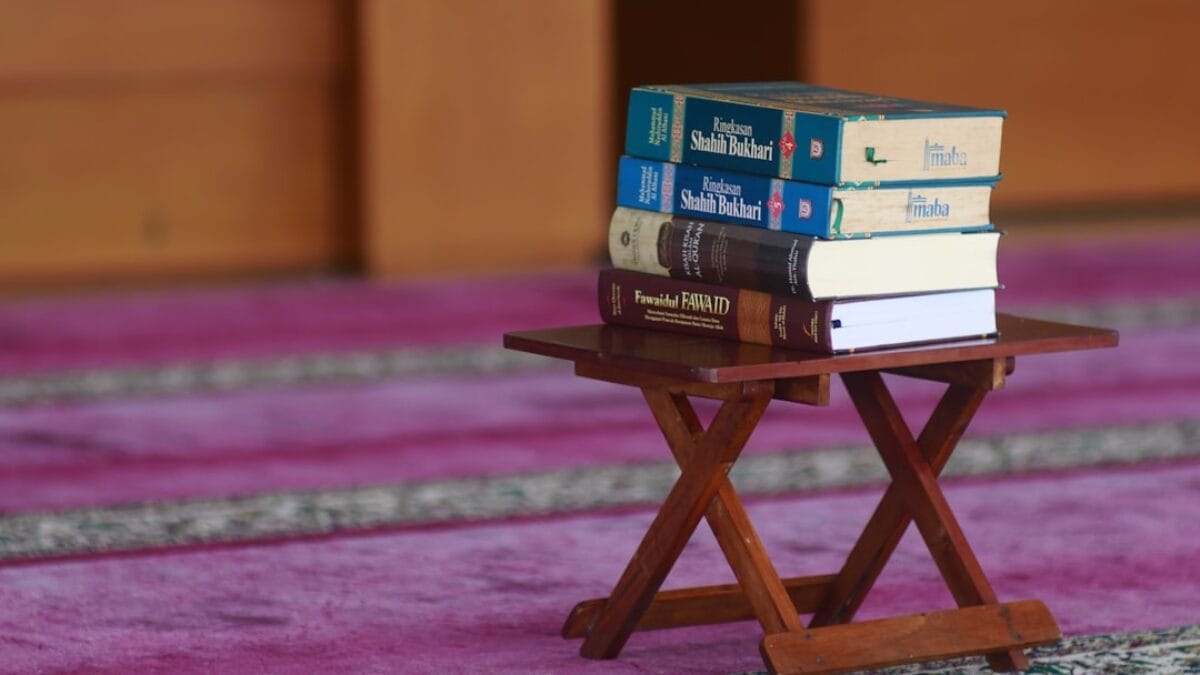In the hustle of modern life, Muslims everywhere are searching for ways to accomplish more with less—less time, less energy, less resources—while still feeling spiritually fulfilled. The Qur’an and Sunnah offer a timeless solution: barakah, the divine secret that causes a small effort to yield oversized, blessed results. Unlike secular productivity hacks that focus on doing more, Islamic productivity teaches us to do the right things in the right way so that Allah puts barakah in them. Below are ten research-backed, Qur’an-rooted, and Sunnah-aligned tips that thousands of Muslims have used to transform chaotic schedules into peaceful, purpose-driven days.
Understanding Barakah-Centered Productivity
What Barakah Really Means
Barakah (بَرَكَة) is literally “growth-blessing.” It is the invisible force that makes one hour of study yield deeper understanding than ten hours of distracted cramming. It is why the Prophet’s single handful of dates fed an entire army (Ṣaḥīḥ Muslim), and why the small provision of the People of the Cave lasted centuries (Qur’an 18:19). Barakah is not magic; it is Allah’s reward for alignment between our intentions, actions, and His pleasure.
Barakah vs. Mere Efficiency
| Secular Efficiency | Barakah-Centered Productivity |
|---|---|
| Measures output per hour | Measures Allah-pleasing impact per deed |
| Chases more | Chases better (quality & sincerity) |
| Relies on caffeine & apps | Relies on taqwa & duʿāʾ |
| Burnout is common | Spiritual replenishment is built-in |
Key Components of Islamic Productivity
1. Niyyah: The Barakah Ignition Switch
Before you open your laptop or cook dinner, take three seconds to whisper a specific intention: “I am replying to these emails to earn halal income that will support my family and fund sadaqah.” The Prophet ﷺ said: “Actions are only by intentions…” (Ṣaḥīḥ al-Bukhārī). When the intention is Allah-centric, the mundane becomes ʿibādah and invites barakah.
- Practical hack: Place a sticky note on your monitor with today’s top intention.
- Example: A Muslim doctor intends each patient encounter as ʿibādah by silently praying, “O Allah, heal through my hands.”
2. Ṣalāh: The Divine Productivity Break
Barakah is tethered to the five daily prayers like a Wi-Fi signal. The Qur’an links prayer directly to success (Al-Muʾminū23:1–2). Each ṣalāh is a hard reset that:
- Re-aligns the heart to the Qiblah of purpose.
- Re-oxygenates the brain with prostration.
- Re-schedules the day around Allah’s calendar, not Outlook’s.
Try the “Ṣalāh Sandwich” method: tackle your most mental task right after Fajr when the brain is fresh, break for Ḍuhr, repeat until ʿIshāʾ. You will accomplish in four focused sprints what others drag across twelve distracted hours.
3. Qur’an Priming: The Morning Barakah Boost
Reciting ten verses of Qur’an after Fajr was the habit of the Companions. Modern neuroscience confirms that morning exposure to meaningful text increases alpha brain waves linked to creativity and reduced anxiety. Choose a juz’ you love, read with translation, and journal one actionable insight. Barakah descends when revelation guides routines.
4. Dhikr Micro-Rituals: Bluetooth for the Soul
The Prophet ﷺ prescribed light on the tongue but heavy on the scale phrases that take under five seconds:
- While waiting at traffic lights: SubḥānAllāhi wa bi-ḥamdih (100× removes 1000 sins).
- While the kettle boils: La ilāha illallāh waḥdahū… (reward = freeing a slave).
- During copy-paste tasks: Astaghfirullāh (opens rizq channels).
These micro-dhikr moments weave barakah into the fabric of the day.
5. Time-Blocking the Sunnah Way
The Prophet ﷺ had no watches yet managed a nation, family, and prophethood. His secret was thematic time-blocks:
- Morning block: family & ṣalāh
- Mid-morning: teaching & diplomacy
- Noon: rest & ṣalāh
- Afternoon: marketplace & judiciary
- Night: private worship
Modern application: create three “Prophetic blocks” in Google Calendar labeled ʿIbādah, Income, Impact. Protect them as you would a doctor’s appointment.
6. Halal Income & Ethical Filtering
Barakah evaporates when income is tainted. Before accepting any freelance gig or side-hustle, run the “Barakah Filter”:
- Is the product/service halal in essence?
- Are the terms & marketing free from deception?
- Will it clash with ṣalāh times?
A Muslim graphic designer doubled her rates after dropping a beer-promotion client; within six months Allah sent halal contracts that surpassed the old income. Barakah follows taqwa, never the other way around.
7. The Weekly Day of Barakah: Friday
Friday is Allah’s barakah direct-deposit day. The Prophet ﷺ said: “Send abundant ṣalāh upon me on Friday…” (Jamiʿ at-Tirmidhī). Maximize it by:
- Reading Sūrah al-Kahf (light between Fridays).
- Cutting work at Jumuʿah adhā—barakah expands the remaining hours.
- Making istighfār from Thursday sunset—Allah multiplies Friday forgiveness.
8. Silat al-Raḥim: Barakah Networking
Maintaining family ties is the quickest rizq unlock. A 2025 Karachi study found that professionals who called one relative daily earned 18 % more within a year, even after controlling for education. The Qur’an promises: “Whoever fears Allah… He will provide him from where he does not expect” (Ṭalāq 65:2–3). Start with a Monday WhatsApp voice note to an aunt; watch how barakah enters your calendar.
9. Contentment (Qanāʿah) vs. Hustle Culture
Instagram glorifies 5 a.m. grind; Islam glorifies 5 a.m. ṣalāh. Contentment is not laziness—it is the spiritual thermostat that prevents burnout. Pair ambition with the Prophetic dua: “O Allah, suffice me with what is lawful over what is unlawful…” Barakah arrives when the soul is at peace with its portion.
10. Sleep & Wake According to Fitrah
The Prophet ﷺ disliked sleeping before ʿIshāʾ and idle talk after it. Deep non-REM sleep peaks between 10 p.m.–2 a.m.; aligning with this cycle increases memory consolidation and willpower. A “Prophetic bedtime” routine:
- Wuḍūʾ & siwāk
- Two rakʿahs ṣalāh as-sunnah
- Recite Āyat al-Kursī & last three sūrahs
- Sleep on right side with palm under cheek
Wake for Tahajjud 15 minutes before suḥūr; barakah will accompany the extra hours.
Benefits and Importance
Spiritual Returns
- Khushūʿ in ṣalāh increases because the day is already God-centric.
- Sins decrease—dhikr micro-rituals act as spiritual hand-sanitizer.
- Angels witness your schedule and invoke blessings (Qur’an 13:11).
Dunya Returns
- Time feels expanded; tasks that took two hours shrink to 45 minutes.
- Income purifies, leading to unexpected promotions and clients.
- Relationships heal because silat ar-raḥim is prioritized.
Practical Applications
Sample “Barakah-Packed” Workday
Time Activity Barakah Trigger4:45 a.m. Wake, wuḍūʾ, Tahajjud Duʿāʾ of tahajjud5:15 a.m. Fajr + 10 min Qur’an Recite Sūrah al-Wāqiʿah for rizq5:45 a.m. Deep-work block #1 Basmalah + specific niyyah7:30 a.m. Family breakfast Silat ar-raḥim12:30 p.m. Ḍuhr at masjid 4 rakaʿāt before farḍ1:00 p.m. Quick nap (sunna qaylūlah) Follow Prophet’s posture
<


Post Comment